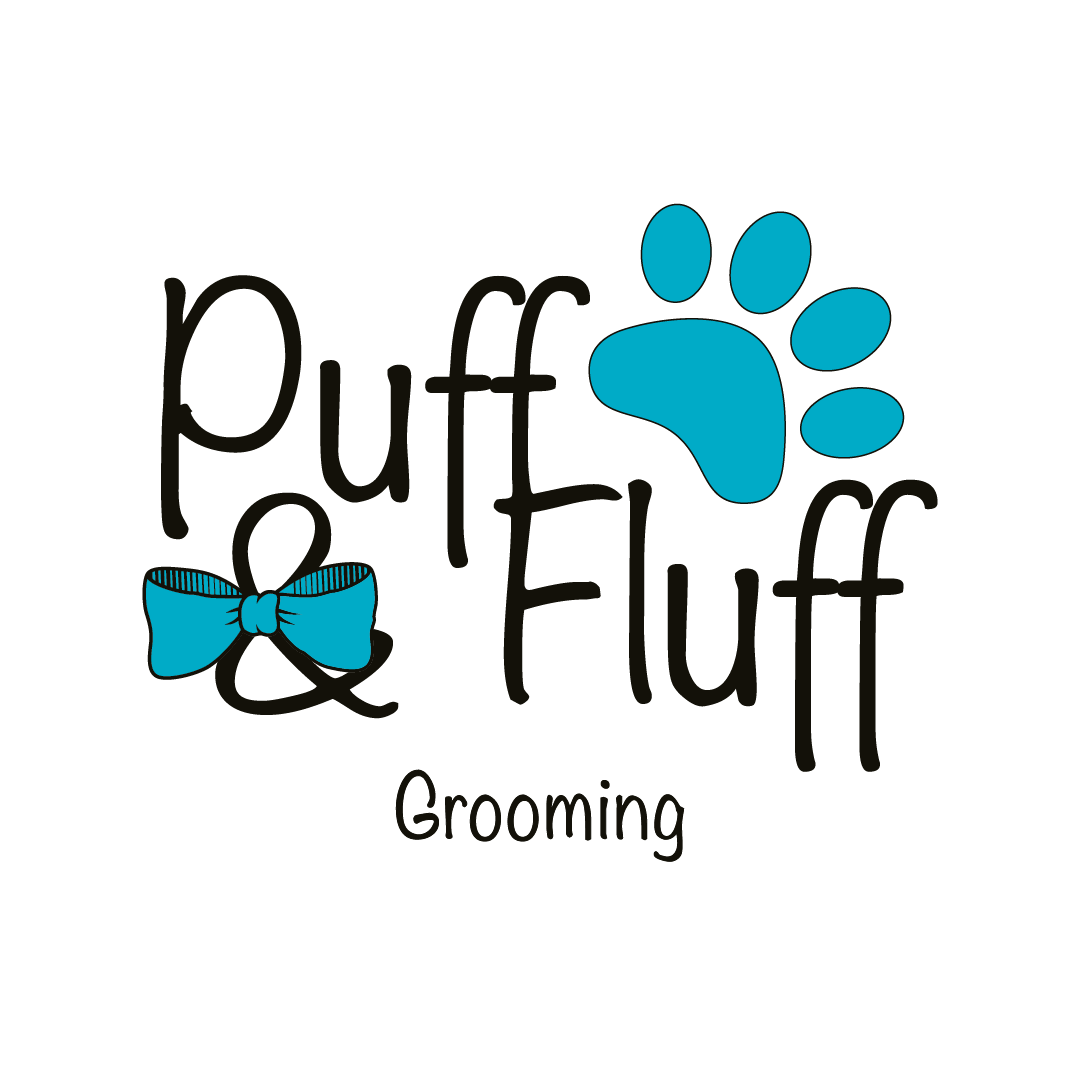Pets have many curious tendencies that we can’t always understand. A common concern among dog parents is why their dog eats grass? Our dogs eat anything–from dirt to other dogs’ feces and toys, realistically anything they can get their mouth on. This is referred to as pica, the consumption of non-food substances.
Every pet owner knows that this happens, but not every pet owner knows why. To help you out, here are the reasons why pets eat grass:
- Taste
The number one reason many dogs eat grass is fairly simple: they like the taste. Grass has a specific taste and texture that can appeal to dogs, causing them to snack on grass when they’re outside.
In this case, eating grass is actually good for your dog because it can provide fiber or small amounts of vitamins and minerals that they may not be receiving from their normal dog food.
- Induce Vomiting
While it’s true that eating grass doesn’t always result in vomiting, there are occasions where eating grass can simulate vomiting in dogs. This is especially true for dogs who don’t regularly eat grass. This means that they could be using grass as medicine to cause vomiting when they have an upset stomach.
The long, tickling strings of grass can be used to regurgitate food that your dog shouldn’t have eaten and is now making their stomach upset or gassy.
- Boredom
It’s also possible that the only reason your dog is eating grass is out of boredom. This is a common occurrence in puppies who aren’t getting the amount of exercise they need.
If you believe your dog is eating grass out of boredom, a simple solution to that is trying different activities to mentally stimulate your dog, like participating in different brain training games.
- Protecting Your Pet
Many pets, both dogs and cats, truly enjoy eating different kinds of grass, in which 20% of them become sick after eating grass. That being said, for the most part, there’s nothing to worry about if your pet is eating grass. But, if you often see your pet eating grass, there are some precautions you should take.
Especially if you have a garden, you want to be careful with what pesticides, fertilizers, or herbicides you’re using either on or near where your pets have access. Not only can these products make your pet sick, but many of those products can be detrimental to your pet’s health. If you must use these products, be sure to buy those that are non-toxic to pets.
Beyond pesticides, there are plants that animals shouldn’t eat as well. A good tip to keep in mind is that any plant that’s purple or red is a warning sign, hence steer away from purchasing them.
When Pets Shouldn’t Eat Grass?
Many times, there isn’t much concern related to pets eating grass. But there are times when you should stop your dog from eating grass:
- If they begin eating houseplants that could be potentially poisonous, you want to pay close attention to your pet to prevent them from eating anything that could be dangerous to their health.
- If you must have plants in your home, be sure they’re out of reach or in a room your pet can’t access.
- If there’s been any chemical treatment to your grass, like herbicides or pesticides, you want to keep your pets away from that grass until you’re sure there’s no residue remaining.
- Give your dog a patch of wheatgrass or plenty of toys that’ll keep your pet entertained so they don’t feel the need to turn to grass for entertainment.
- Make sure your dog is getting enough exercise each day–through both physical exercise and mental exercise in the form of training.
- If they’re suddenly grazing more often than normal, this may be a sign that your dog is sick or missing nutrients they need. If this is the case, keep an eye on your pet and discuss with a vet if they don’t stop.
- Make sure the food you’re giving is providing them enough nutrients they need to have a balanced diet. Switching to high-fiber dog food can improve digestion and possibly curb your pet’s desire to eat grass as a supplement.
Conclusion
More often than not, your pet eating grass has to do with them desiring the taste and texture than wanting to make themselves vomit. A lot of the time, this is a habit that’ll come and go with your dog and shouldn’t concern you.
That being said, it’s important to keep an eye out so that if something seems off, you can consult a vet and ensure your dog is healthy and in no danger.
